The Entrepreneurial Accountant: The journey to going solo
How to manage change within your business
8 June, 2023
Fozia Muddassir, private client tax partner at Reddy Siddiqui LLP, talks about how your practice can manage change processes effectively.
Change is never easy.
And when it involves the processes that you use within your accountancy practice, it can be tough to adapt to new ways of working.
Fozia Muddassir is the private client tax partner, and digital transformation lead at Reddy Siddiqui LLP.
In this episode, she shares advice on how your practice can manage change processes effectively.
Following her previous episode, The role of the accountant in digital transformation, check out what she has to say about dealing with failure, helping clients with change, and much more.
Here’s what we cover:
- Don’t let failure hold you back when supporting your clients
- Giving clients the right level of support
- Being an accountant is more than just being an accountant
Don’t let failure hold you back when supporting your clients
Mike Psaras
Welcome to the Entrepreneurial Accountant. Today, I’m joined by Fozia Muddassir. Thank you so much for joining me today.
Fozia Muddassir
Thank you, Mike, for having me.
Mike Psaras
Once us, as accountants, are ready and we are undergoing digital transformations within our own practices, what role can we play in helping our clients go through it?
Fozia Muddassir
I think with the digital transformation for clients, one, I think we have to go a little bit easy on ourselves.
We’re not going to be able to absorb every single app and integration not relevant to us, but relevant to the clients.
So, we’re not going to be this oracle of knowledge and know everything. But that shouldn’t mean that you don’t start the process.
Things that I like, App Advisory, a very good platform to go and learn bits.
Just as long as, I think, you know as an accountant where to point the clients in the direction of, or do research specific to your particular client.
You might have a niche area, it might be CIS, it might be something else. But if you start actually making that first step towards looking at a product for your client, realise the first time you’re not going to get it right, and as your knowledge grows, you’ll be able to be a bit more of an expert in that field.
But that shouldn’t be the stopping point.
Really do give it a go and failure is absolutely the one thing that’s going to happen.
I think you learn failure is a better teacher than success is.
I think once you’ve failed and you’ve failed maybe 10 times, you actually know 10 ways of how not to do it, rather than the person who got it right first time, because that’s the only thing they know to do right.
So, failure is an absolute lesson/teacher for me, I think.
So, the fear of failure, don’t let that actually stop you from trying something new.
Mike Psaras
I totally agree, we do need to make mistakes and fail, and learn from those things.
Practically, how do you find that experience with a client who maybe puts a lot of faith into you?
And as an accountant, we are the expert in our field, and when things go wrong, we definitely probably feel some sort of guilt that we haven’t performed as we’re supposed to.
How do we best work those situations, so our clients don’t leave?
Fozia Muddassir
I think you’ve got to put up your hand and say, “Listen, if you don’t know something, do,” because like you said, we are the trusted advisors, we are the go-to person.
If we turn around and get used to saying, “Actually, I’m not sure, but it will find out,” we know that we’ll do a good job of finding out and actually presenting a case for this one or that one.
And then we’re so good with detail and things, we know we’ll get the project right.
But I think to be able to manage expectations with the client to say to them, “Listen, this is not something I know about, but I will look, and if I need to refer you to a specialist, I will do so.”
The fact that you’ve actually done that is – it almost makes them trust you a little bit better. There’s an element of trust that you’re going to gain with the client if you’ve actually said I don’t actually know.
Otherwise, you’re always saying, “Yes, yes, I know,” and then you’re going to make a dog’s dinner out of it, and then they will hold you to ransom, essentially, on that fact.
So, I think it’s important to be able to manage your own – manage client expectations, but actually know your own limitations as well.
Mike Psaras
Sure.
Fozia Muddassir
We weren’t born with all knowledge and, therefore, it’s something that has to be learned.
And I think we have to realise we can’t learn everything all at once. It’s got to be a staged process.
Giving clients the right level of support
Mike Psaras
Definitely.
I don’t know if, as a practice, you’ve experienced this, but the kind of opportunities that cloud-based software has offered in terms of client access to data, and their ability to play around with stuff and maybe do stuff themselves a little bit.
So, that kind of transition from an accountant being in full control to giving away some of it to a client.
I don’t know if it’s called DIY Bits of Bookkeeping that then you go and audit afterwards and make sure that they’ve done it properly, because they maybe have 80% of the knowledge, or 90%, but there’s that fine-tuning at the end.
I don’t know if you guys have experienced that in any way and the way you deal with it.
Fozia Muddassir
Yes, I think when we were trying to digitise a lot of clients or moving them on to the cloud software, you have the – I kind of categorise my clients into three areas.
You’ve got the bring-it-on types.
You’ve got the have-a-go.
And then you’ve got the no-can-do will straight up tell you, “Not doing it, that’s what I pay you for.” And you’re just going to have to work with that client and their expectations.
The thing is I’ve always been pleasantly surprised by certain things, and realise that I’ve had a bias against maybe an older-generation client who does it a lot better than a younger one.
So, I think you have to at least allow each client – I think you owe them that much – to actually tell them this is out there and let them pick, and not actually have a judgment on what they are likely to go, because it could fall on its head.
And we all know, as accountants, and we love that digital thing where everything’s connected and the information comes in.
No accountant I know likes the shoe bag clients, but processes that you can actually digitise yourself, even if they still walk in bags.
You, yourself, have to decide what the process is going to be. Don’t have too many because you will spread yourself very thinly in terms of trying to accommodate everything and everyone.
So, I think it’s important to try and make sure the client fits – the software fits the client rather than the client is being forced into a software.
That is the human element and trying to manage that human element is so important. We’re not all robots and neither are clients.
So, I think it’s important to definitely try and help them, make them understand that this process is going to make their lives easier, overcome that initial hurdle, which is always the first one. It’s the highest hurdle that you have to go through. But maybe just tell them.
I think, as accountants, we’re not good salespersons at all. A lot of clients will turn around and say, “Actually, I didn’t know you did that.”
And that’s a common thing that I’ve heard from clients over the years, and I thought, “Gosh, did I not tell them,” and then maybe that’s because I’m not being salesy all the time.
So, I think tell clients what your expertise is. Some of them will turn around and actually say, “Well, I didn’t know that.”
And there, you’ve got another value that you can add to them. And that, for you, is a new service line.
Being an accountant is more than just being an accountant
Mike Psaras
Yes, definitely. And just saying even just App Advisory, I feel like that’s a service line that’s going to become more and more standard as the years go by.
What worries me or what concerns me is that the skill of accountancy – it may fall by the wayside and I don’t know if that’s going to change, because I think CPD (continuing professional development) is changing.
I think for ICAEW at least it’s changing to a more structured form now.
Fozia Muddassir
Yes, yes.
Mike Psaras
Whereas before it was kind of like do your own thing, and then just self-certify.
Whereas now, we’re going to go back to structured stuff, which is before my time.
Fozia Muddassir
Yes, yes.
Mike Psaras
But then equally, we have this whole other side of accountancy which is being good at the techy stuff. And then on top of that, once you’re good at that, it then opens the door to be more of an advisor.
So, we’ve had compliance – or we’ve got compliance which is all it was back in the day to now tech advisor, to also just general business advisor.
I feel like the scope of what an accountant does is – or can do is really, really broad now.
Fozia Muddassir
I call myself a tax therapist. I think during Covid, I was a tax therapist. And it’s amazing how much psychology goes into that.
It’s not just you pick up the phone, here’s your problem, and then you put down the phone. It’s everything else now, and I think that realisation that people want to talk about their dreams, their goals.
And that conversation, that client meeting now is a lot broader. It’s not necessarily one specific area that you delve into. It’s a lot broader, and then you have the opportunity to go deeper into certain areas.
And CPD, yes, it needs to be there, because like you said, we can forget that we’re actually qualified professionals and we need to keep that up as well and not just get involved into tech.
The analogy I like to give – and here’s a Marvel one – is that Iron Man, I think, software and IT did for Tony Stark what Iron Man basically did for Tony Stark.
It enabled him to do things better, faster, and it was more shinier than him.
But I think as the movies went on, you realised the superhero was actually Tony Stark and not the Iron Man. It’s just the bits that go on.
So, it’s an enabler but it’s not the thing. And I think you’ve got to realize, again, the accountant is still the same human being. Needs to have still the same skill sets.
Yes, it’s a little bit broader. Yes, we now need to know a bit more tech and things.
And by all means, if you have more team members that can specialise in that area a little bit better, if you can tap into all these platforms that actually give you that advice.
If you can find something for, I don’t know, sales online or managing data better.
So, I think, yes – I think there’s a lot more, we’re broader as human beings.
Mike Psaras
Fozia, thank you so much for joining us today. It’s been an absolute pleasure having you on.
We’ve learned heaps from you, decades’ worth of experience, so much specific insight into digital transformation and how we can help our clients, and how we can help ourselves as accountancy practitioners.
So, yes, it’s been an absolute pleasure talking to you today, and thank you so much for your time.
Fozia Muddassir
Likewise, Mike, thank you for having me.
Mike Psaras
To make sure you catch every episode, subscribe to the channel or sign up to the Sage Advice newsletter at the bottom of the page.
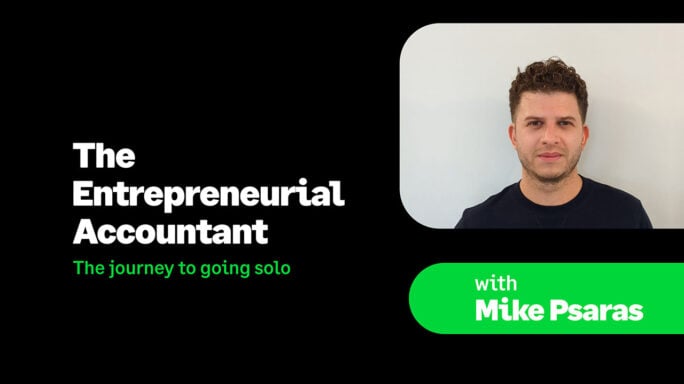
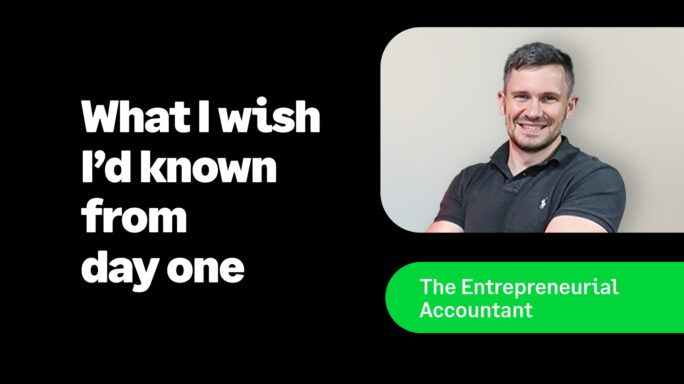
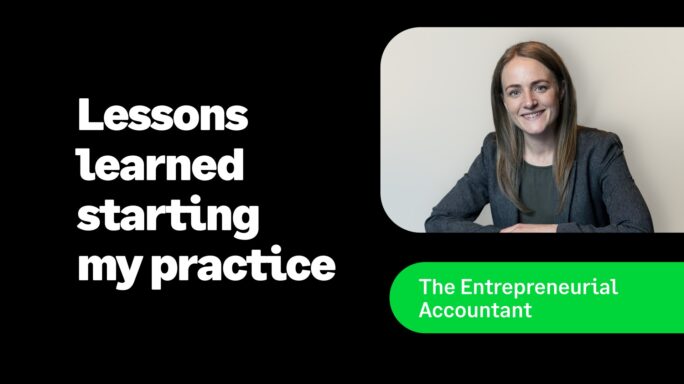
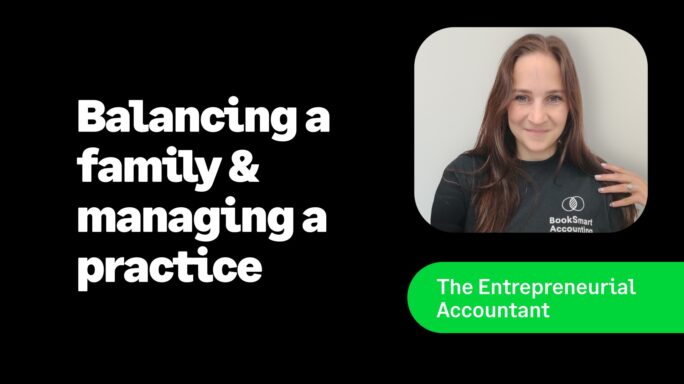
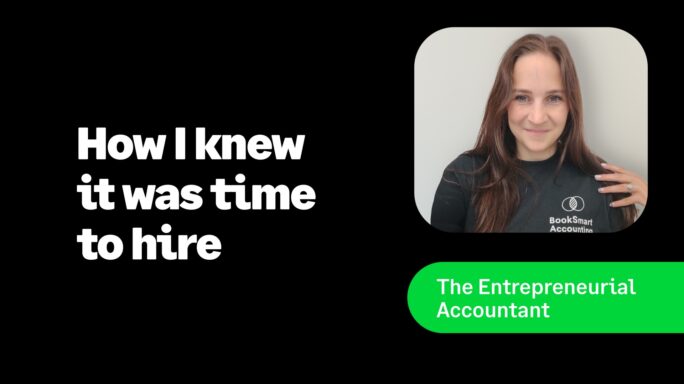
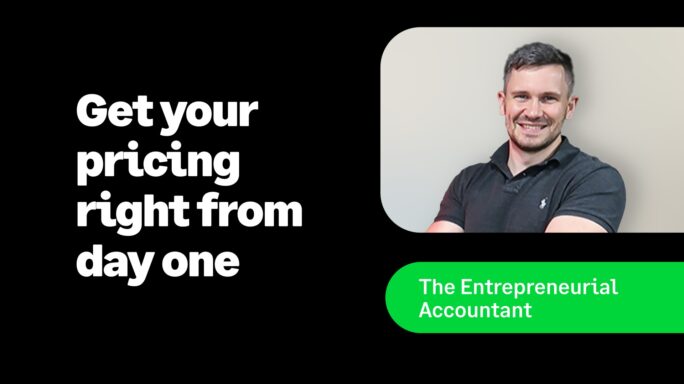
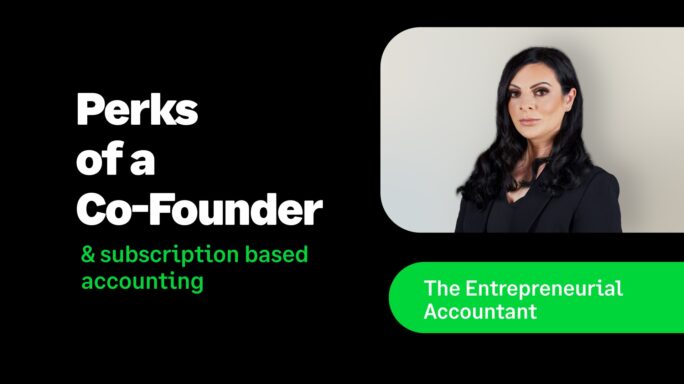
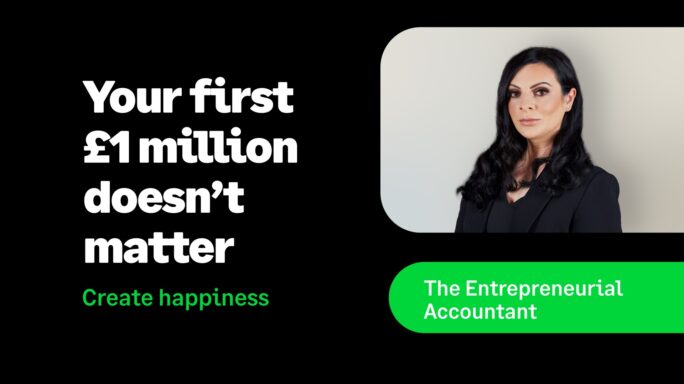
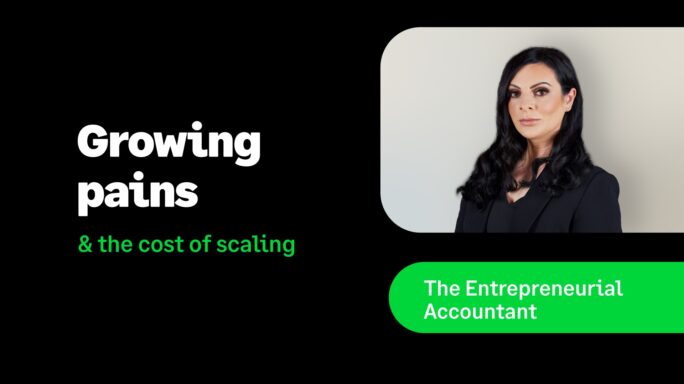
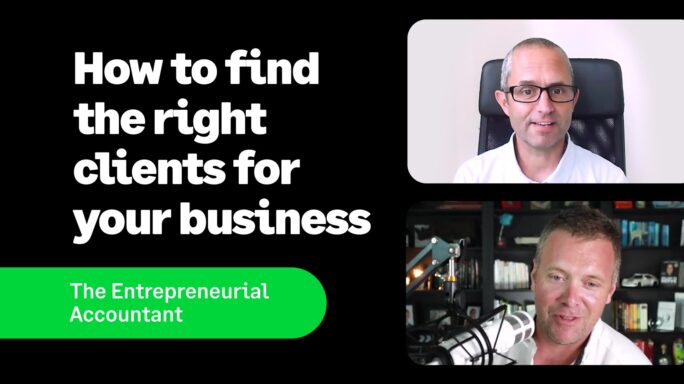
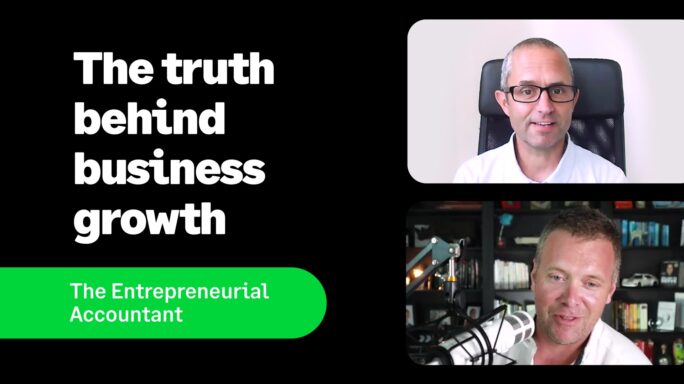
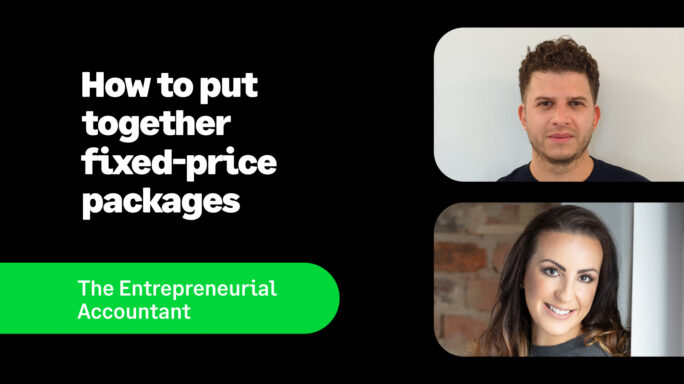
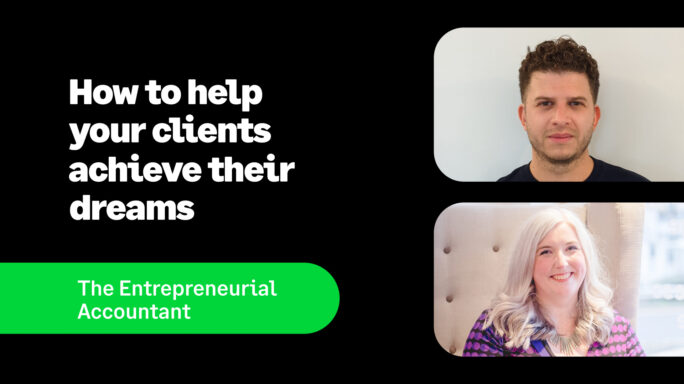
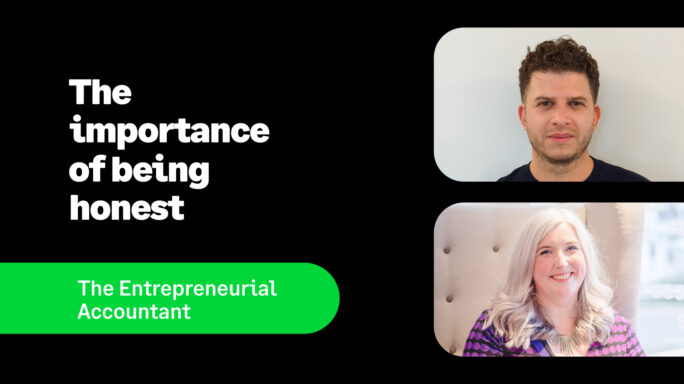
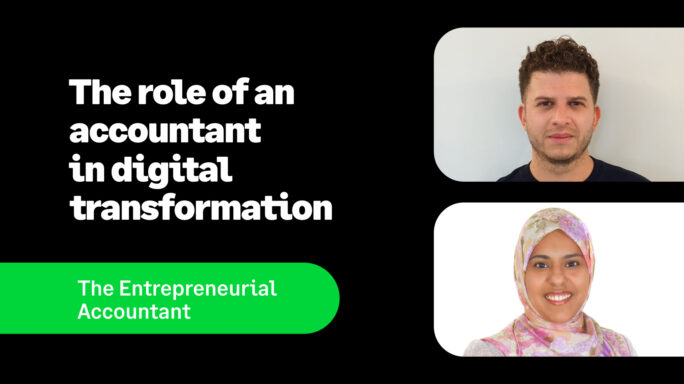
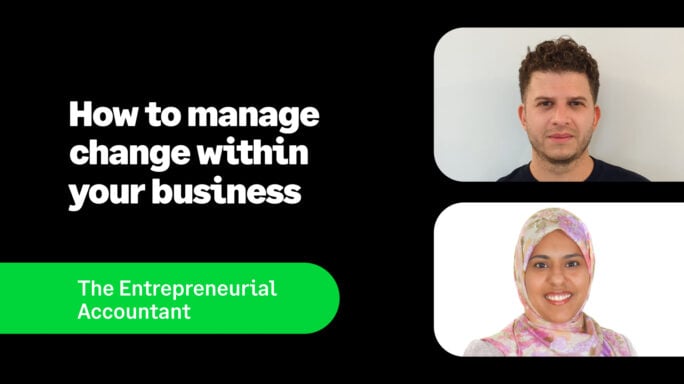
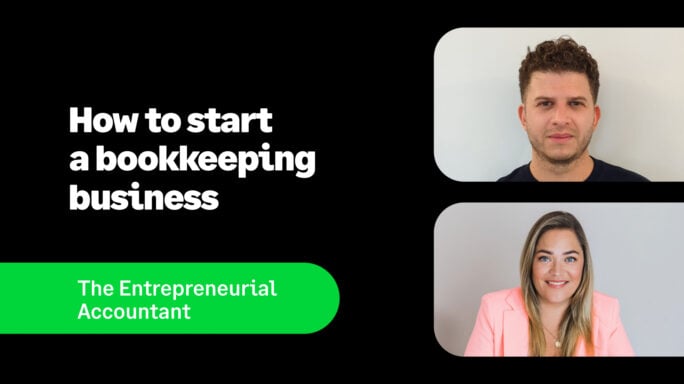
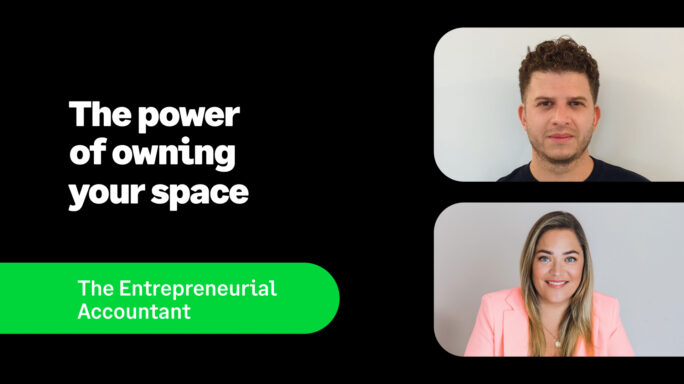
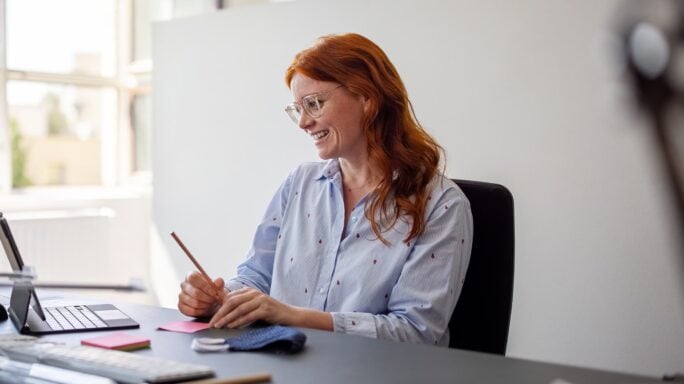

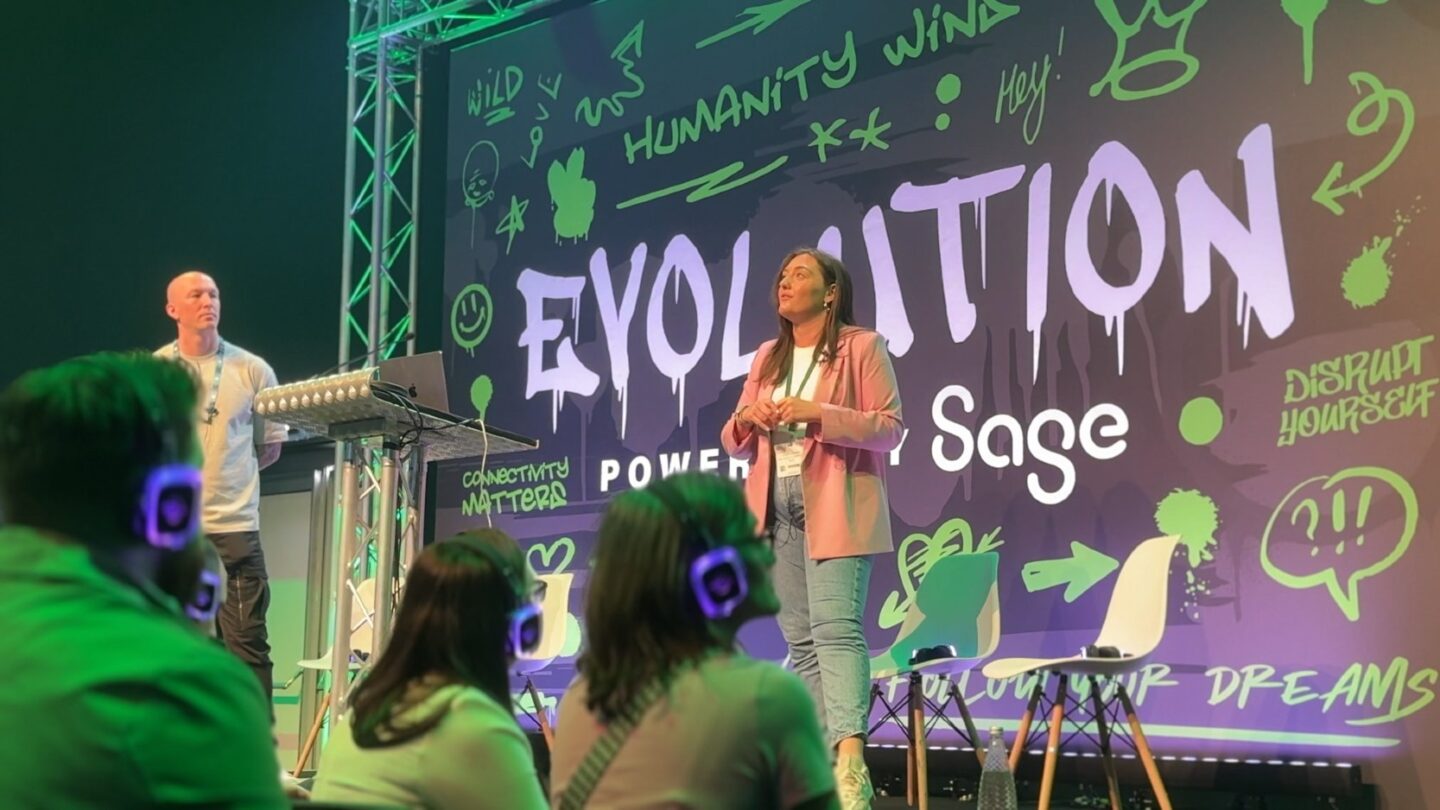



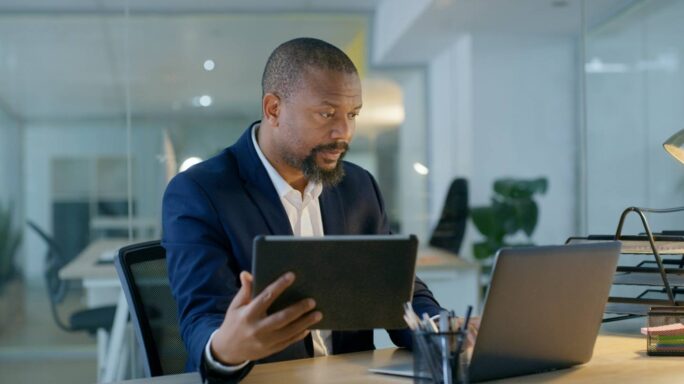
Comment below